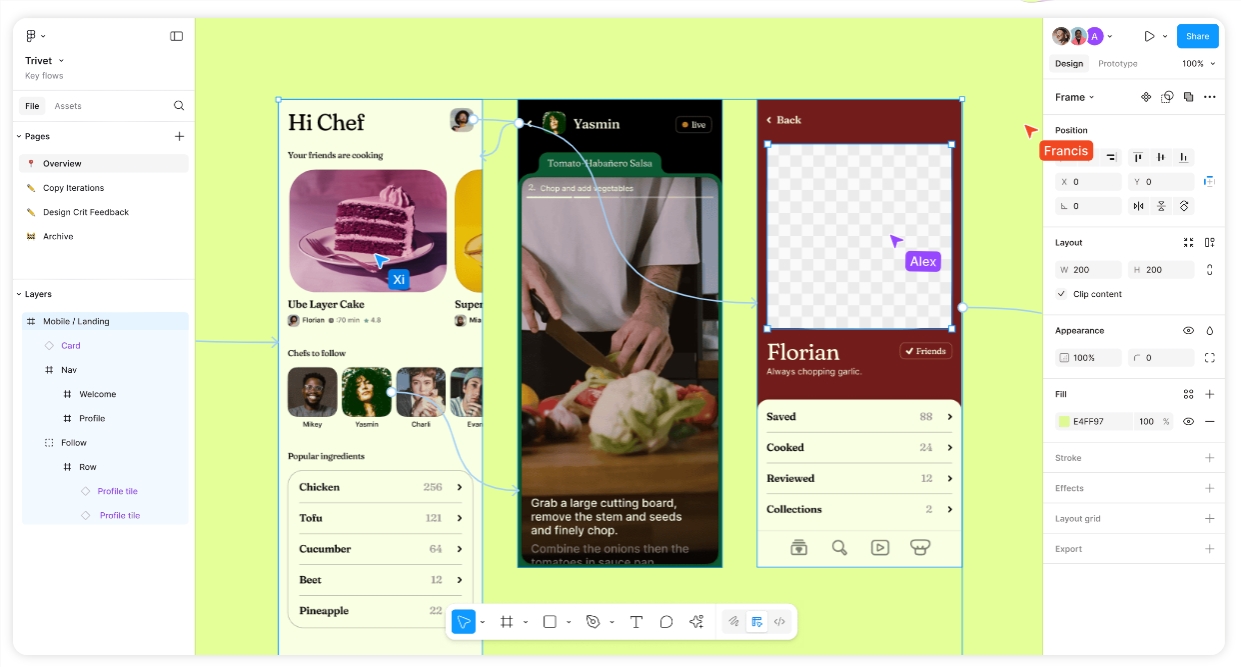Figma has recently unveiled a groundbreaking new developer tool designed to streamline the process of transforming designs into fully functional coded applications using artificial intelligence (AI). This innovative tool, known as the Model Context Protocol (MCP) server, is currently undergoing beta testing for users with developer or full seat permissions.

The MCP server's primary function is to grant AI models direct access to data within Figma, enabling them to retrieve precise information such as exact numbers used in charts or specific colors utilized in designs. This eliminates the need for AI to rely solely on visual estimations based on image files. Figma likens this process to copying a painting; only someone who has seen the image and understands the creation process can accurately replicate the design. By reducing the reliance on large language models (LLMs), the MCP server significantly decreases the workload required for AI coding tools to convert designs into functional applications, ensuring developers' visions are accurately realized.
Figma has announced plans to roll out a series of updates for the MCP server in the coming months, including remote server capabilities and deeper integration with code repositories. The launch of this beta test follows the recent release of Figma Make, a prompt-to-code platform that allows users to create working applications by describing their ideas. Additionally, Figma is set to introduce the Figma Sites Code Layers feature on June 12th, an AI tool that transforms designs into interactive website experiences.
This new initiative by Figma signifies the increasingly blurred lines between design and development. AI tools are poised to provide designers and developers with more convenient workflows, driving efficiency and quality improvements in product design. With the MCP server and upcoming updates, Figma is paving the way for a seamless integration of design and development, empowering creators to bring their ideas to life with unprecedented precision and efficiency.